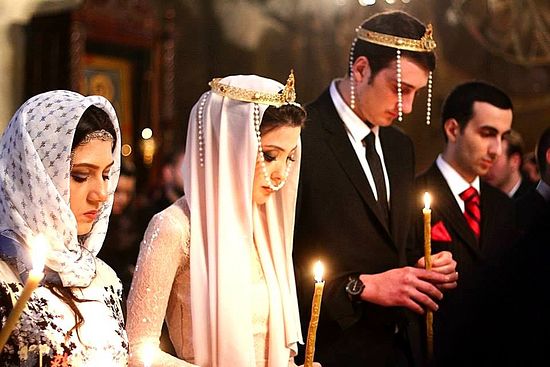When Christmas Eve comes, how we wish for a miracle! And miracles really do happen. These two stories were found for us by Maria Saradzhishvili on the pages of Georgian periodicals. They are not only miraculous examples of God’s Providence in life, but portray the hearts of people filled with great nobility, self-sacrifice, and love. And of course, faith in God.

The first story. About an abortion that didn’t happen, a blind man, and a seeing heart.
This happened to a friend of mine a long time ago.
Nino moved to the city to study. She was seduced by a married man. She became pregnant, and the rest unfolded according to the usual pattern: The guilty party gave her money for an abortion. But Nino already loved her unborn child and rejected this idea. She well knew that her strict father and brothers would not forgive her this mistake, but returned home anyway to her village in her seventh month of pregnancy. New Year’s day came, and she hoped that this fairy-tale night might work a miracle, that her family would forgive her and forget everything.


